As we move through Viertel’s book, The Secret Life of the American Musical, we have come to the chapter on “Conditional Love Songs.” Not every show follows this exact structure, but a significant amount do. And not every show has a love story at its core, but again, most do. It can take the form of romantic love, familial love, friendly love, or passion for life, but (in a good story) the heart of the protagonist is always on fire for someone or something.
Rarely, if ever, do two characters traipse onto stage at the top of a musical in love and happy (Know of any? Share them in the comments section). The only way to go is down from there, right? And while a play might take that depressing look at real life, we don’t want a musical to be a downer. It does need to be a glimpse of real life at its root, but remember from the “I Want” songs chapter, we need “unique characters, striking situations, and vividly drawn worlds.”1
What is a “conditional love song?”
Basically, it’s where the two characters sing together, but don’t anticipate (or are totally against) falling in love. Or as Hammerstein did it, write it with an “if.” The audience usually has a clue of what’s to come, but the characters don’t.
The conditional love song has morphed a bit since the Rodgers and Hammerstein days. Amanda Prahl in her article “If I Loved You: The Evolution of the Conditional Love Song in Musical Theatre” states, “Much of this has to do with the onward march of culture: the conditional love song relies on a resistance to admitting attraction, but we don’t really do coy anymore. Perhaps this is why, when this song does show up in modern musicals, it’s colored with a tinge of cynicism.” 2
As you write your musical’s love song, consider the “conditional” approach. Here are few ideas from Viertel’s book to reflect on:
1. Don’t forget that love always begins with an awkward, uncomfortable tango.
Even in the rare cases of love at first sight, romance always tends to start off on the wrong foot. Channel your middle school memories. Just like the protagonist’s “I Want” has to be relatable, so does the love story.
“Humans do it just like the [great crested] grebe—awkwardly, with a lot of insecure, wasted motion, over aggression followed by apology…. Bravery and cowardice, hope and hurt feelings play out a tug-of-war, with a big dose of certainty about the outcome.”3
2. Focus on the Odd Couple.
Variety is the spice of life. And musicals. Viertel makes an important observation about what makes the love story on stage sizzle:
The Key to Romance in a musical is the inappropriateness of the couple. If you believe they belong together because they have the same background, the same ideas about life, the same tastes, what’s the point of the show? If you think they have no real chance of getting together, that they’re entirely mismatched, then there’s something to watch.”4 ~Mike Ockrent, director of Crazy for You and Me and My Girl
Need examples? How about:
- Higgins and Eliza
- Tracy Turnblad and Link Larkin
- Sky Masterson and Sarah Brown
- Aladdin and Jasmine
- Belle and the Beast
- Ariel and Eric
- Phantom and Christine
- Harold Hill and Marion Paroo
- Ti Moune and Daniel
3. Let’s Talk About [something other than] Love
Referring to the conditional love song in Frank Loesser’s musical Happy Fella, Viertel highlights that “Happy to Make Your Acquaintance” features something that keeps the love song from going stale—”a subject other than love.” Characters don’t always have to sing about how they want—or don’t want—each other. As long as there is a subject that each of them feels strongly (and oppositely) about, that heated conversation can be perfect fodder for a potential lovers’ quarrel.
4. The Conditional Love Song and the “Buddy Story”
Not every successful musical has at its core a romantic love plot involving the main two characters. There is typically an important relationship, though, be that between friends (The Producers), enemies (Wicked, Hamilton), acquaintances (Book of Mormon), family members (Frozen), caregivers (Annie, Oliver), or with a personal passion (Billy Elliot).
Footnotes
- The Secret Life of the American Musical by Jack Viertel, page 57
- If I Loved You: The Evolution of the Conditional Love Song in Musical Theatre
- The Secret Life of the American Musical by Jack Viertel, page 74
- The Secret Life of the American Musical by Jack Viertel, page 85

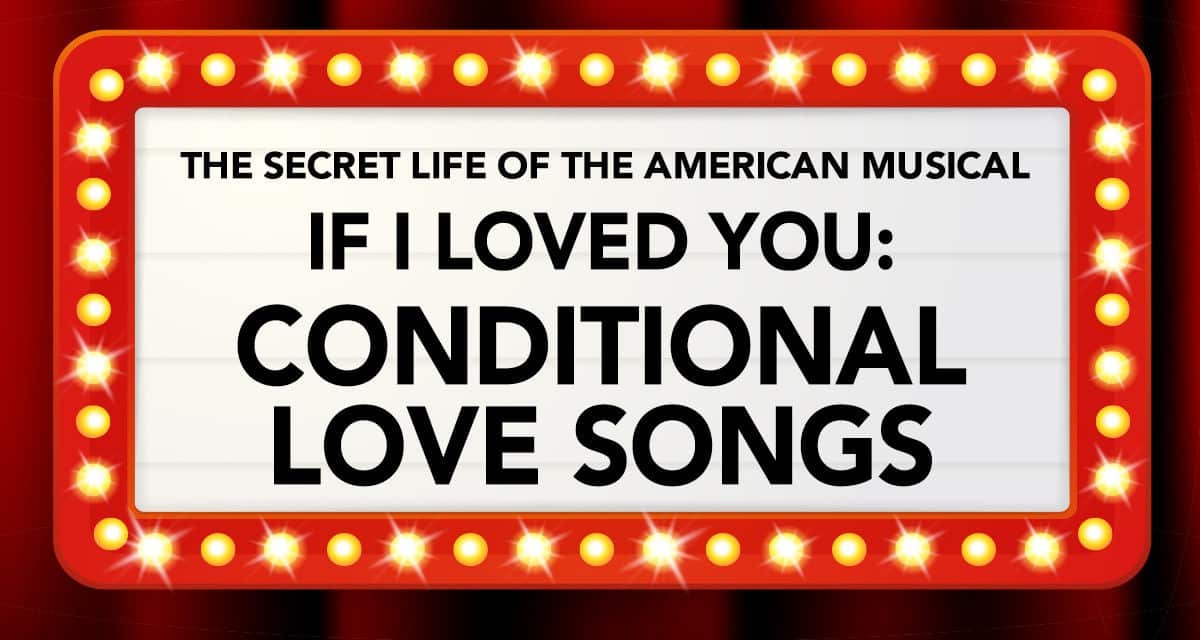

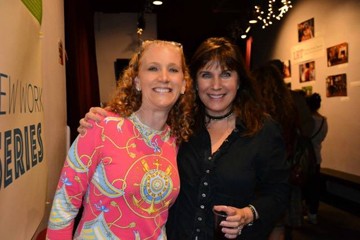
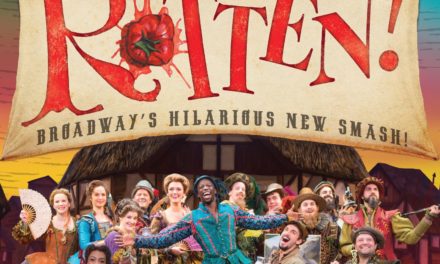


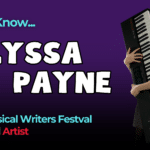


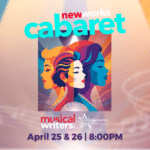








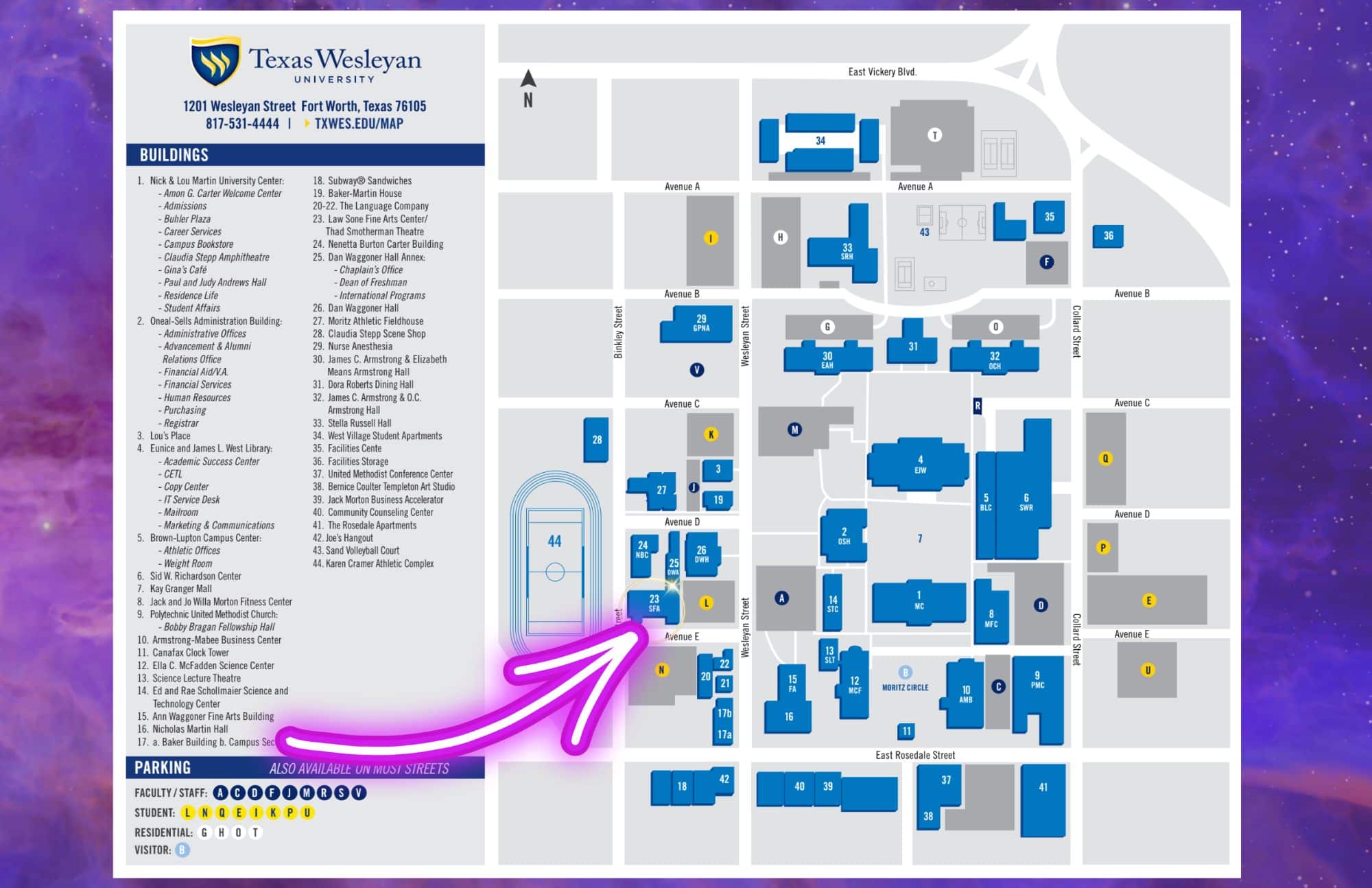
In Shrek, I Think I’ve Got You Beat involves a couple that dislike each other one-upping each other over who had the worst childhood. Then one farts. Then they compete in a farting and belching contest. By the end of the song, we know they’ve fallen in love.
Yes!! Great example!!!
In “Dear Evan Hansen” you have “If I Could Tell Her” in which Evan channels his own feelings through the guise of relating Connor’s supposed hidden admiration for Zoe.
Yes, great example. That song is so well done. Love the multilayering of messages lyrically, and the melody is just beautiful.